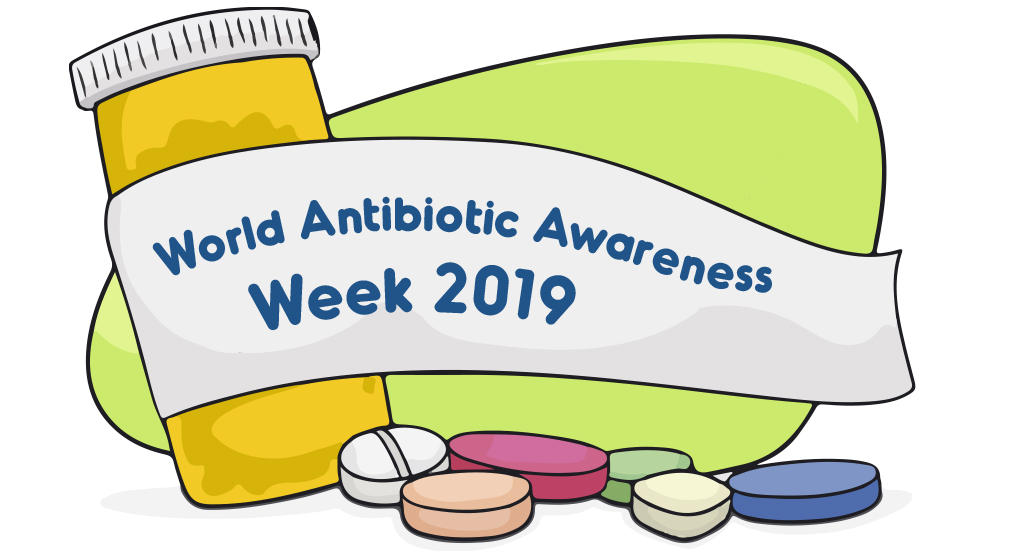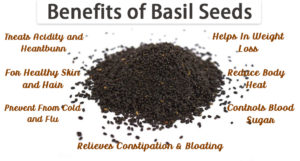Every year, to spread the message of using antibiotic drugs with proper prescriptions, World Antibiotic Awareness Week (WAAW) is celebrated by governments, health facilities, schools and communities across the globe. The awareness campaign concentrates on the best usage of antibiotics among the general public, health workers and policymakers to help stop the further development of antibiotic resistance.
Importance of indication: In 2015, the Sixty-Eighth World Health Assembly, declared the Global Action Plan on Antimicrobial Resistance, while requesting a committed global campaign to raise public awareness and understanding of antibiotic resistance. World Antibiotic Awareness Week is (WAAW) celebrated every November to promote global education on antibiotics, their mechanism of action, and the growing risks of antibiotic resistance. Increasing awareness amongst people is essential to fight with antibiotics. Unnecessary use of unprescribed antibiotics increases the chance of resistance, which can be harmful for the future.
Infection & antibiotics:
Bacteria is present everywhere, they are present in the air, water, skin and even inside the body. Bacterias are not always harmful. There are certain bacterias present in our gut, that have a crucial function to maintain a healthy metabolism. The species of harmful bacteria and viruses are responsible for the infections in the body. The genera of medicine called antibiotics should only be used to treat bacterial infections. They have no use during any viral infections such as cold and flu.
Antibiotic works by attacking the bacteria and reducing the chance of its survival. The mechanism of action depends on the infection level and the strength of the medicine.
As antibiotics are very strong and powerful medicines, they should only be taken with a proper prescription. Proper dosage can only be decided by an expert and one needs to follow the dosage and instructions provided along with the medicine.
The continuous overuse and misuse of antibiotics in humans and animals have promoted a severe condition of antimicrobial resistance (AMR), which occurs when microbes, such as bacteria, become resistant to the drugs used during treatment. AMR is rising dangerously in all parts of the world and is threatening our ability to combat common infectious diseases and support modern medical procedures. This is the reason behind the awareness initiative taken by WHO.
The Global Action Plan has 5 objectives, and they are:
- To improve awareness and understanding of antimicrobial resistance
- To strengthen knowledge through surveillance and research
- To reduce the incidence of infection
- To optimise the use of antimicrobial agents
- To develop the economic case for sustainable investment that takes account of the needs of all countries, and to increase investment in new medicines, diagnostic tools, vaccines, and other interventions
How we can slow the spread of resistance:
Vaccination: Routine immunisation through vaccinations is the base for strong health systems and universal health coverage. Vaccines protect against more than 25 communicable diseases, including measles, tetanus, meningitis, typhoid, etc. along with every disease that can be prevented by vaccination. In all those cases, antibiotics can be avoided.
Safe Sex: Current studies reported that more than 1 million people worldwide are getting exposed to sexually transmitted infections (STIs) every day. Safety measures can only be the answer to deal with those STIs and antibiotic resistance.
Food Hygiene: Food can get contaminated at any point in time. Whether during slaughtering or harvesting, processing, storage, distribution, transportation, and preparation, the contamination can take place. Inadequate food hygiene can lead to possible fatal food borne illness and death. Improved understanding of safe food handling is a key step while looking for measures to prevent the spread of antimicrobial resistance.
Hand-washing: According to expert committees, hand hygiene is the key to preventing infections and will help reduce the spread of antibiotic-resistant organisms. This is particularly true in health-care settings, where vulnerable and sick patients are more susceptible to developing drug-resistant infections. Every infection which can be easily prevented by a simple hand wash technique can easily avoid the threat of antimicrobial resistance.
Clean Water/Sanitation: Sanitation is a fundamental element of good healthcare. Despite this, the availability of clean water and proper sanitation are lacking if we look for global status. Poor sanitation is linked to the transmission of diseases such as cholera, diarrhoea, dysentery, and hepatitis A, etc. It can also worsen the spread of antimicrobial-resistant infections.
Prudent Use: Although the resistance is a part of natural evolution, the misuse and overuse of antimicrobials in people and animals, often without any professional guidance, quickens this process. Misuse involves people opting for antibiotics for viral infections like colds and flu and healthy animals being given antimicrobials to boost growth or to prevent diseases.








